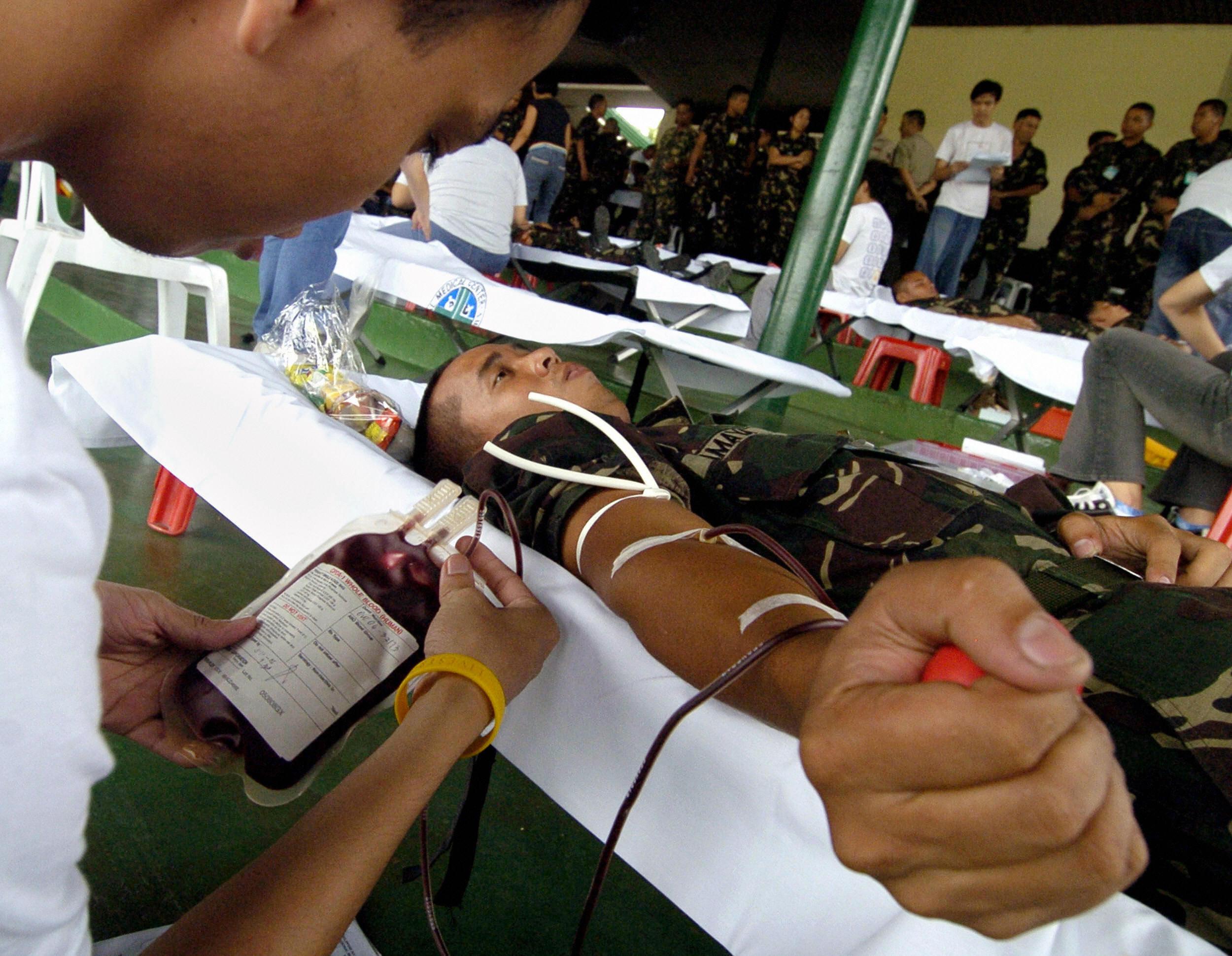Reversing aging has long seemed to be the stuff of science fiction. Now a trio of studies out Sunday suggest the answer could be relatively simple: blood from the young. It may sound like the beginning of a B horror movie, but three studies have discovered that pumping blood from young mice into old mice can reverse some of the effects of aging. And the benefits are broad: “Infusions of young blood reversed age-related declines in memory and learning, brain function, muscle strength, and stamina,” details the Guardian. Old mice suddenly seemed as if they were recharged when they got new blood and were able to navigate mazes more quickly, for example. How long the positive effects last remains an open question as none of the studies looked into that issue, although it would appear to be a few weeks.
“Their fur looks better, they groom better, they seem to do overall better,” Tony Wyss-Coray, the lead scientist on one of the studies out of Stanford, tells USA Today. “To us it’s just so surprising, that something so simple has dramatic effects on every tissue in the body that’s been looked at.” And the reverse is true as well: old blood makes young mice age prematurely. Two of the studies were carried out at the Harvard Stem Cell Institute while the third was a joint effort by researchers from Stanford University and the University of California, San Francisco.
Researchers believe there is a specific protein that is key to this rejuvenation—and it’s a protein that is also found in human blood. Researchers are hoping to get approval to begin human clinical trials in the next few years, details the Los Angeles Times. “We do think that, at least in principle, there will be a way to reverse some of the decline of aging with a single protein,” said Lee Rubin, a professor of stem cell and regenerative biology at Harvard. The scientists who carried out the research are fully aware the findings can evoke images of Dracula and vampires. “You can’t drink the blood,” Wyss-Coray joked to NBC. “But seriously, if you wanted to try that in humans you’d have to get a transfusion. And you can’t just do that at home.”
